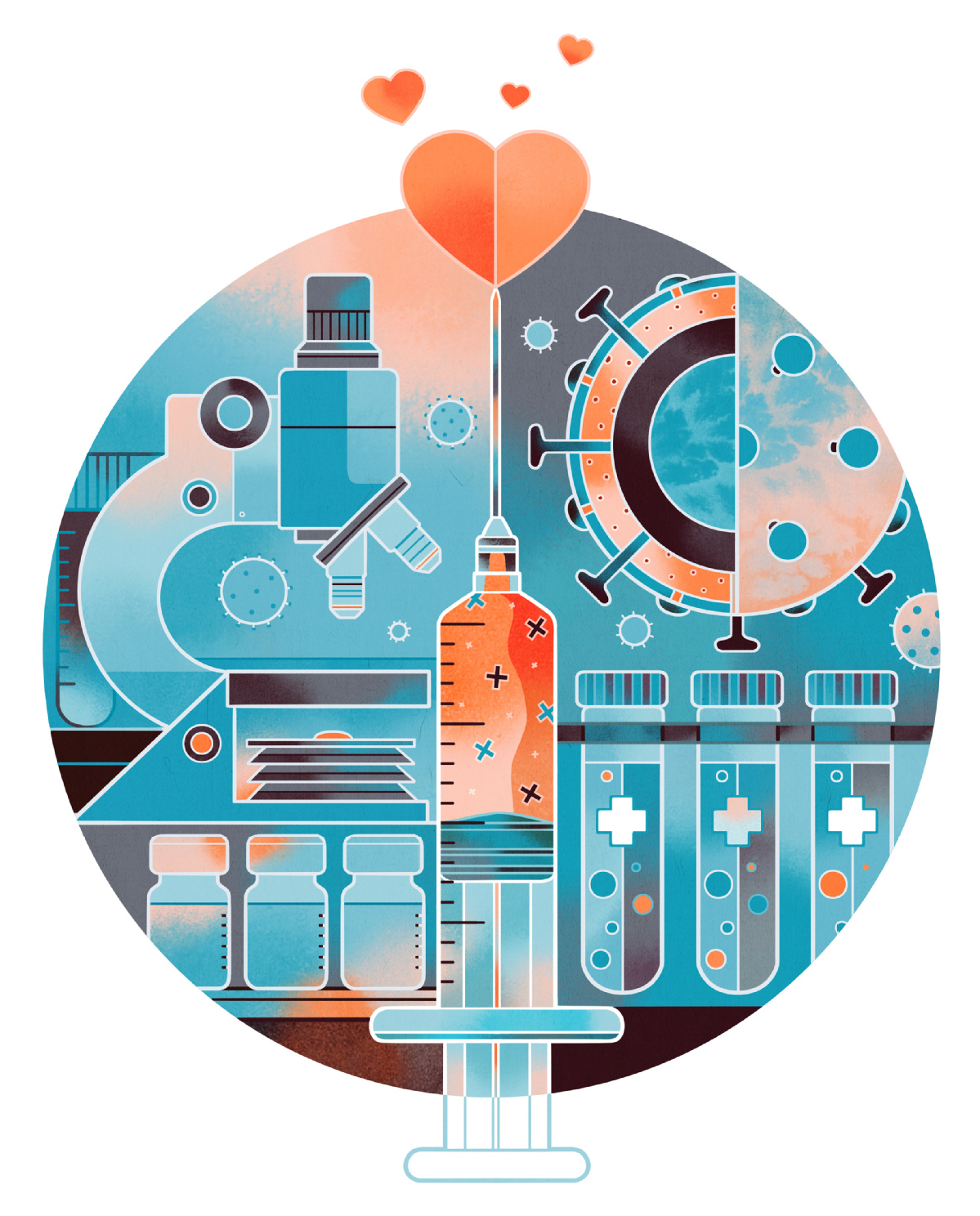Vaccines should be made global common good
By Muhammad Yunus/José Ramos-Horta | China Daily | Updated: 2020-10-14 07:17

We are in the grip of a historic pandemic. The novel coronavirus, which causes COVID-19 threatening the whole of the human family. COVID-19 does not discriminate. Across the globe, outbreaks of COVID-19 continue to claim thousands of lives.
So far, we have exercised whatever tried and effective methods we have available to human society against the ravages of infectious diseases: quarantines, lockdowns, hygiene and social distancing-all a luxury for some depending on circumstances. While effective, the economic, emotional and societal costs of trying to control the spread of the virus through lockdowns and social distancing are enormous and unprecedented. Countries are hemorrhaging cash in efforts to ease the economic standstill created by COVID-19. And as the costs rise, their populations' patience is waning from fear, uncertainty and economic collapse.
Vaccine for all around the globe
Although vaccine development for COVID-19 is proceeding at historic speed, we do not yet have an effective option. Remarkably and encouragingly, there are many promising candidates already, several of which are entering the essential phase-III clinical trials. Holding the hope of the world, companies are willing to risk pre-financing production, and governments in turn are already committing billions of dollars toward the purchase of the vaccine in anticipation of its availability.
Right behind the race for the vaccine nips the other race to develop proven therapeutics (medicines) that can assuage the burden on those who have contracted COVID-19. These, too, will find their way to the market, and the global buy up will begin again.
More cost-effective than medicine, vaccines provide a method of prevention. They offer protection from infection in the first place, disrupting chains of transmission and saving individuals from days of illness, hospitalization or death possible even in the face of excellent medical care.
An effective vaccine is part of a more lasting solution. The allure of that security is immense. It means buying not only health but also economic recovery and freedom itself in many ways. But until such an effective vaccine cannot be truly effective and humane, until all communities are reached without discrimination.
Herein lies the tension. What will the post-COVID world look like? A rich world protected, locking out the vast and potentially infectious populations of the poor countries?
Or will they share the therapeutics and the vaccines with the poor?
History tells us how to eradicate diseases for the good of our own countries-but also for all.
Successful eradication of major diseases such as smallpox or polio required a global effort and the availability of the vaccines to all who needed it anywhere in the world.
When Jonas Salk came up with a polio vaccine that was approved for the general population to use, he refused to patent it. When asked who owns the patent, he told journalist Edward R. Murrow in 1955: "Well, the people, I would say." Salk added: "There is no patent. Could you patent the sun?" We need this sort of leadership-a leadership which will guide us away from incredible profits to humanity's survival and stress the need for the open source production of vaccine without any commercial ownership of any COVID-19 vaccine.
For the rich world, we would say that this proposed act of human solidarity to ensure that medicines and vaccines get to the whole human family simultaneously is in their own self-interest, not just an act of charity.
Surely nobody will want the virus persisting in many parts of the poor world ready to re-infect the rich world and create new surges where they were under the pleasant thought that they had protected themselves from pandemic.
Affordable cost, and clear, simple action
Compared with the cost of the trillions of dollars that have gone into the stimulus packages, that is a miniscule cost.
The positive news is that we are confronted with a clear and simple action, with an eminently affordable cost, that would save hundreds of thousands of lives, if not millions of future lives, and that is in the self-interest of everyone, especially the rich world.
Already, many Nobel laureates and global personalities have signed on to an appeal to Declare the COVID-19 Vaccines a "Global Common Good". We now urge all the countries of the world to unite to pass a resolution at the United Nations to make novel coronavirus vaccines a product without any commercial ownership to turn this collective wish into reality.
This must be done soon.
Muhammad Yunus, 2006 Nobel Peace Prize winner, is the founder of Grameen Bank in Bangladesh and chairman of Yunus Centre; and José Ramos-Horta, 1996 Nobel Peace Prize winner, is former president as well as former prime minister of Timor-Leste.
The views don't necessarily reflect those of China Daily. If you have a specific expertise and would like to contribute to China Daily, please contact us at opinion@chinadaily.com.cn , and comment@chinadaily.com.cn
























